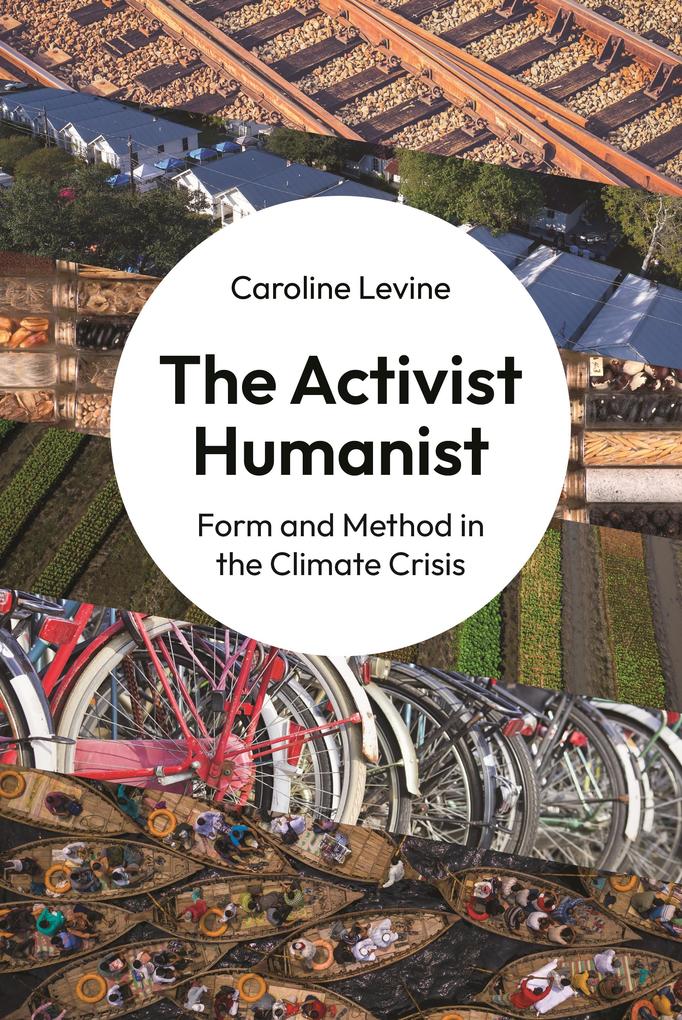
Sofort lieferbar (Download)
An argument that humanists have the tools-and the responsibility-to mobilize political power to tackle climate change
As climate catastrophes intensify, why do literary and cultural studies scholars so often remain committed to the separation of aesthetic study from the nitty-gritty of political change? In this thought-provoking book, Caroline Levine makes the case for an alternative view, arguing that humanists have the tools to mobilize political power-and the responsibility to use those tools to avert the worst impacts of global warming. Building on the theory developed in her award-winning book, Forms, Levine shows how formalist methods can be used in the fight for climate justice.
Countering scholars in the environmental humanities who embrace only "modest gestures of care"-and who seem to have moved directly to "mourning" our inevitable environmental losses-Levine argues that large-scale, practical environmental activism should be integral to humanists' work. She identifies three major infrastructural forms crucial to sustaining collective life: routines, pathways, and enclosures. Crisscrossing between art works and public works-from urban transportation to television series and from food security programs to rhyming couplets-she considers which forms might support stability and predictability in the face of growing precarity. Finally, bridging the gap between academic and practical work, Levine offers a series of questions and exercises intended to guide readers into political action. The Activist Humanist provides an essential handbook for prospective activist-scholars.
Produktdetails
Erscheinungsdatum
17. Oktober 2023
Sprache
englisch
Dateigröße
14,30 MB
Autor/Autorin
Caroline Levine
Verlag/Hersteller
Kopierschutz
mit Adobe-DRM-Kopierschutz
Produktart
EBOOK
Dateiformat
PDF
ISBN
9780691250854
Entdecken Sie mehr
Bewertungen
0 Bewertungen
Es wurden noch keine Bewertungen abgegeben. Schreiben Sie die erste Bewertung zu "The Activist Humanist" und helfen Sie damit anderen bei der Kaufentscheidung.









